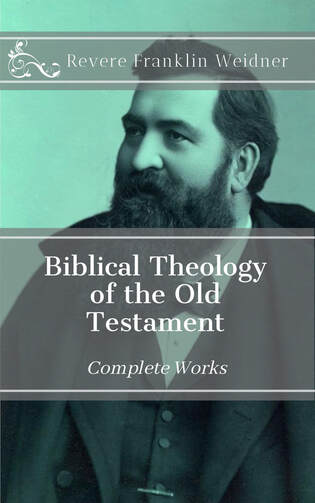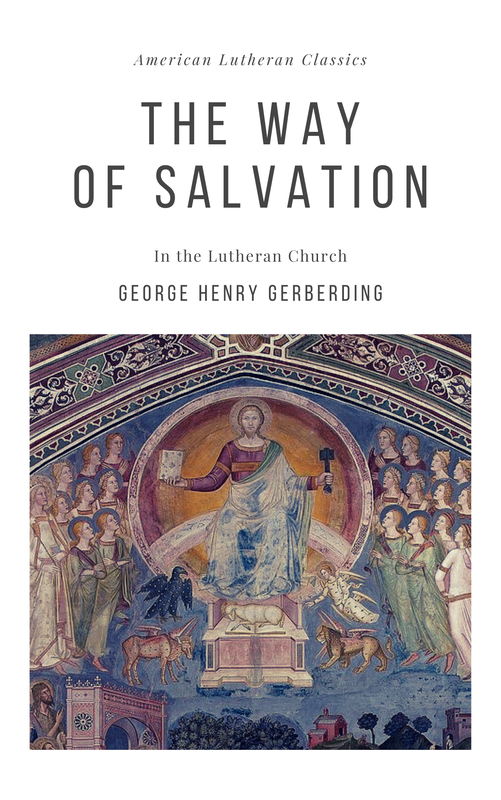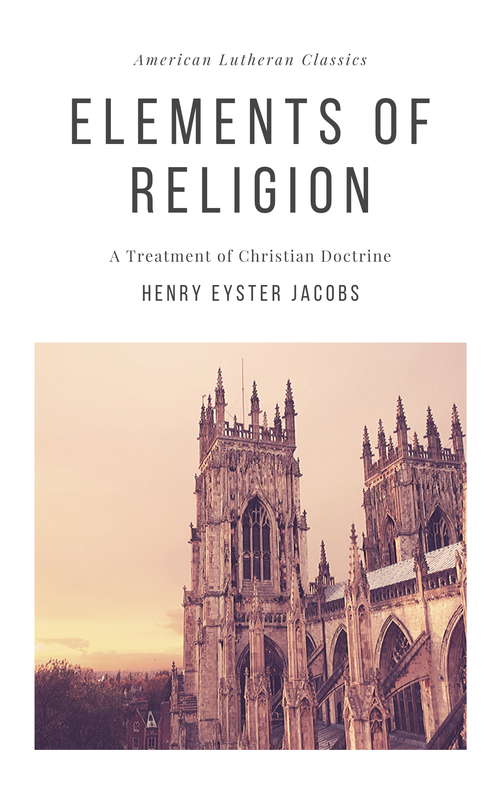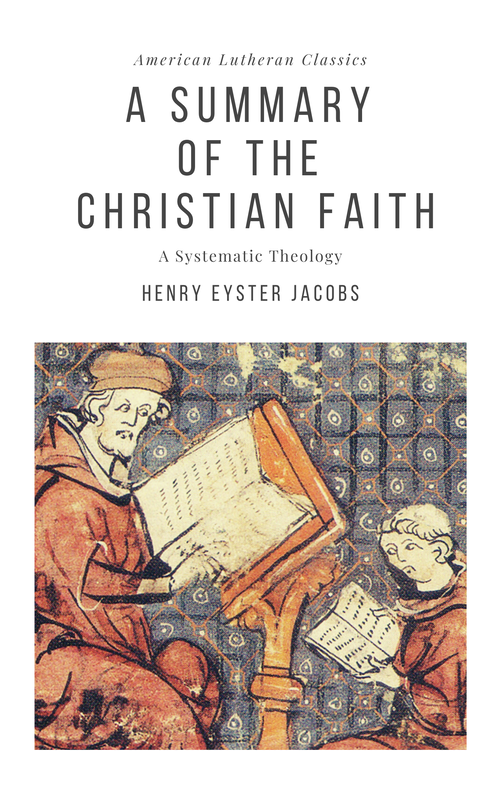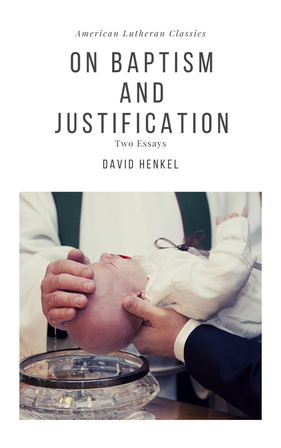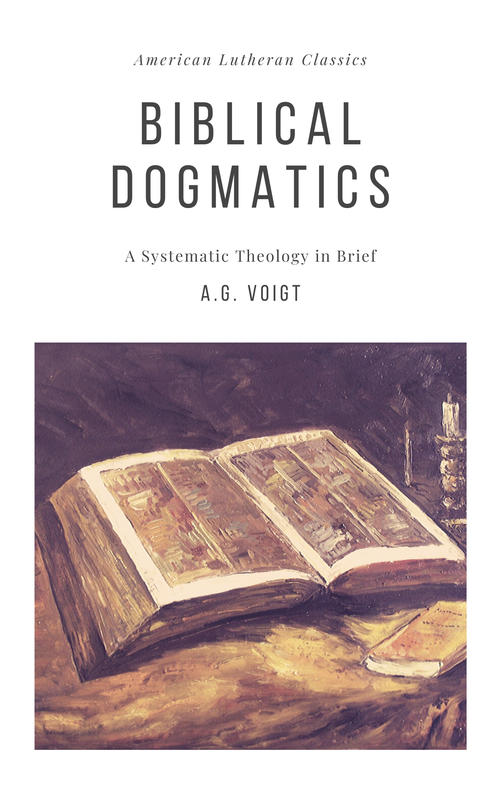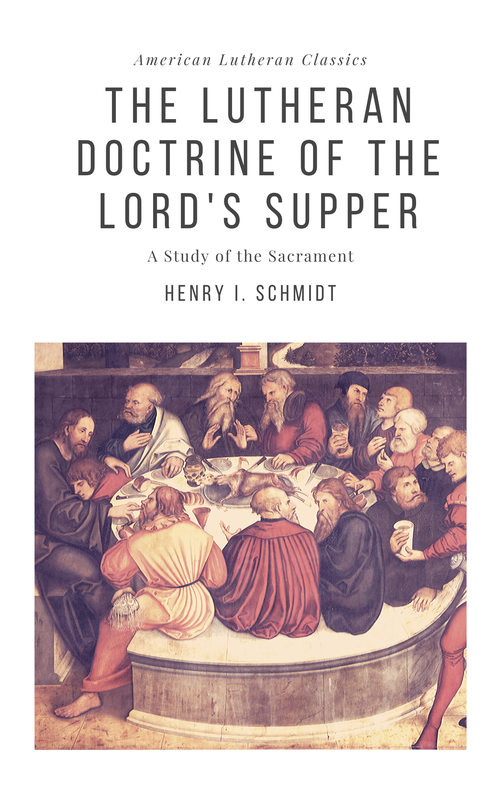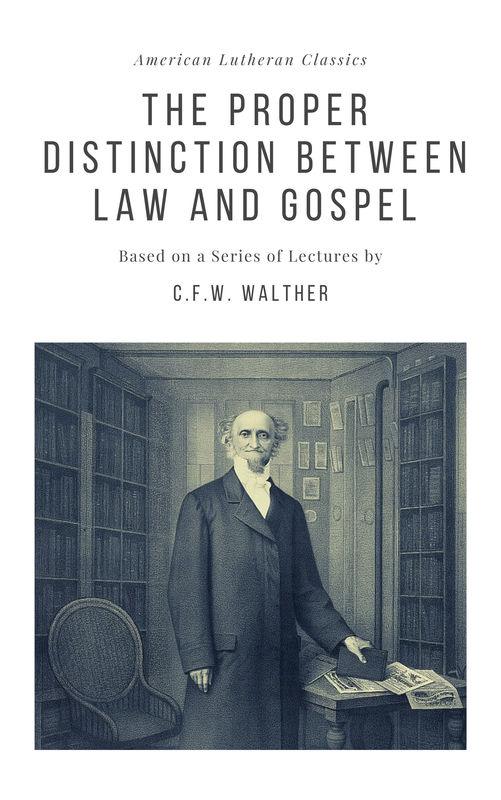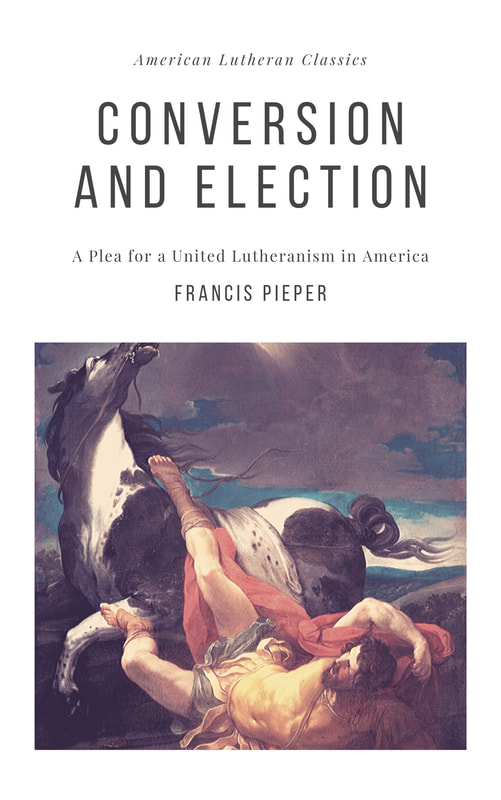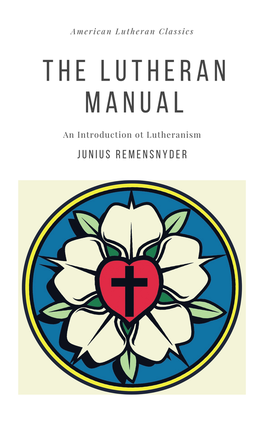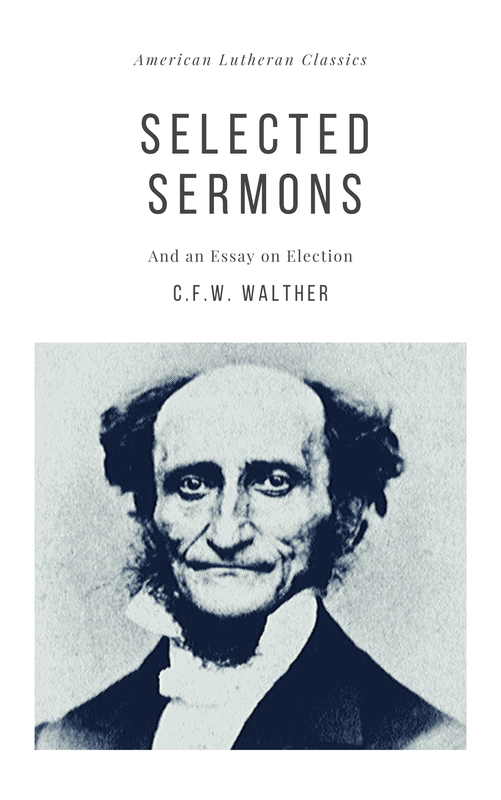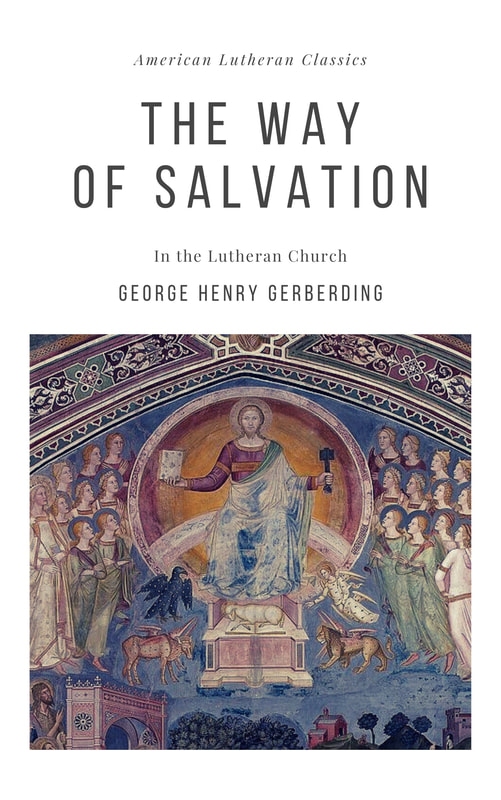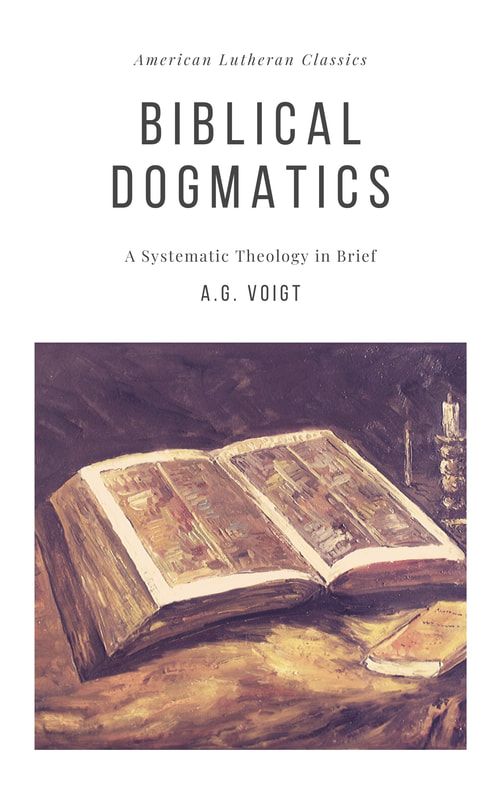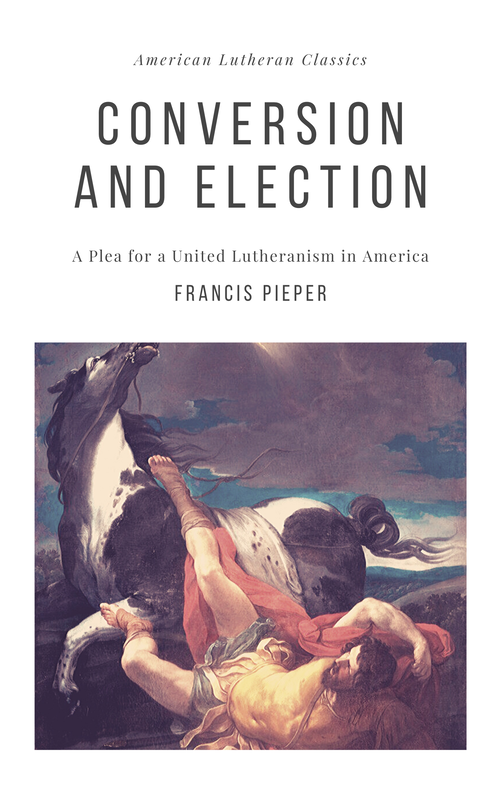1 Comment
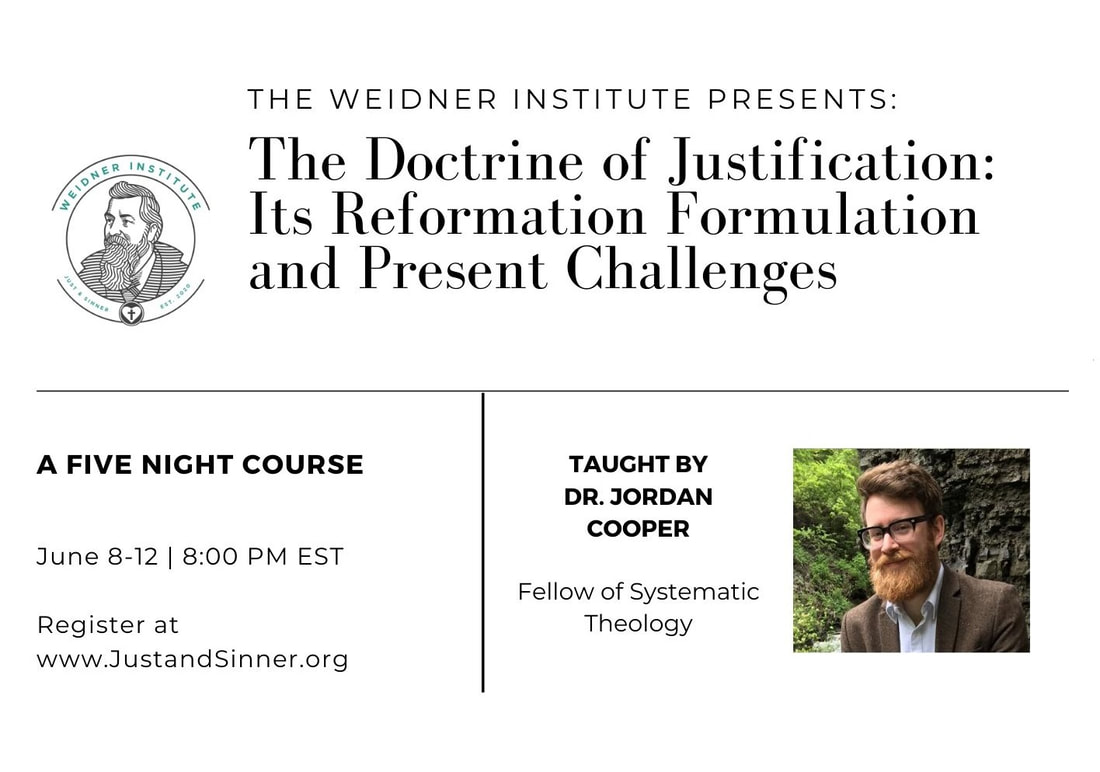
Title: The Doctrine of Justification: Its Reformation Formulation and Present Challenges Description: This course explores the classical Reformation formulation of justification in both its sixteenth-century and contemporary contexts. There is an emphasis on some recent theological movements which have challenged the traditional understanding of the doctrine, such as: the New Perspective on Paul, Gerhard Forde’s Radical Lutheranism, The Finnish approach to Luther interpretation, twentieth-century ecumenical dialogues, and Radical Orthodoxy. Throughout, the explanation offered on the doctrine by the heirs of the Reformation is defended as consistent both with Paul’s thought and with the early church. Instructor: Dr. Jordan Cooper Dates: June 8-12 Time: 8:00pm-10:00pm EST (Note: if you cannot make it live, we will send you a video of the course the following day) Cost: $99.99 To register for the course, purchase and include your email address. When the time is closer, you will receive an email with a link and password for the Zoom room. Spots are limited, so register soon! Download the syllabus for the course here:
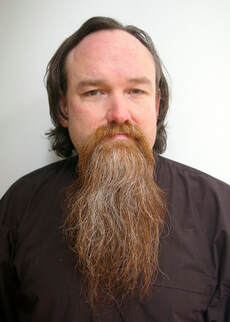 Eric Phillips has pastored Concordia Lutheran Church in Nashville, Tennessee (LCMS), since 2014. He earned his BA from Cedarville College, an MA in Medieval Studies and MA/PhD in Early Christian Studies from The Catholic University of America (Washington DC), and his MDiv from Concordia Theological Seminary in Fort Wayne. He lives in Nashville with his wife Kristina and their three children. Dr. Phillips will be providing seminars on the church fathers through the institute, as well as contributing essays to some upcoming projects. Stay tuned for more announcements! 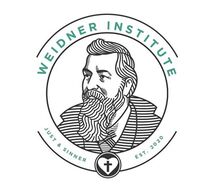 Our first full course The History and Theology of Lutheran Scholasticism taught by Dr. Jordan Cooper, and our first evening seminar Thomas Aquinas and Johann Gerhard on Natural Knowledge of God by Dr. Nathan Greeley are now available for purchase! These and future courses can be found on our new page here. Stay tuned for future exciting announcements from the institute on offerings for this Spring and Summer.
The Weidner Institute is offering the following seminar on Thursday April 16th from 8:00-10:00pm EST through Zoom.
The cost is $12.00. To reserve a spot, you must both pay via PayPal below, and also register with your email on our Google Form here so that we can send you a link. Aquinas and Gerhard on Our Natural Knowledge of God Taught by Dr. Nathan Greeley (Fellow of Apologetics and Philosophical Theology) Often Luther’s Reformation is pitted against the thought of the Middle Ages, and there is much truth to this characterization. But it is not the whole story. Many elements of medieval philosophy and theology were retained by the Lutheran Reformers, and this inheritance only came to be more appreciated and utilized as time went on. In this seminar we will look at the thought of two monumental figures who provide clear and substantial evidence of this relationship—the medieval theologian St. Thomas Aquinas (1225-1274) and the Lutheran theologian Johann Gerhard (1582-1637). Specifically, we will be examining and comparing what they have to say about our natural knowledge of God. As such, this investigation will cover what these two great theologians teach us about the following topics: -the difference between natural and revealed knowledge of God -sources of our natural knowledge of God -the consequences of the fall regarding our natural knowledge of God -arguments or proofs for the existence of God -the uses or applications of our natural knowledge of God Anyone with an interest in Lutheran theology, historical theology, or apologetics is encouraged to participate. I recently hosted a webinar for pastors in the AALC on the use of technology in the church during the Coronavirus pandemic. You can find the video of that meeting below: All of the new editions of the American Lutheran Classics volumes are now available for purchase! They have received new typesetting and typos have been fixed.* They also have updated cover designs, and the Selected Sermons volume has additional content. You can find all of the volumes below:. * The Lutheran Doctrine of the Lord's Supper text has not been changed, as we lost the original text document. The cover has still been updated to match the other volumes.
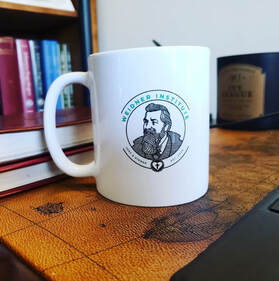 We recently set up a merchandise store with TeeSpring. You can get mugs, t-shirts, and sweatshirts with the logos from Just and Sinner, the Weidner Institute, and Just and Sinner Publications! Thanks to Oliver Flores who designed our new Weidner Institute logo. Go to the store here. We have been working hard at reformatting our American Lutheran Classics volumes for a re-release of each book. The formatting and covers have been updated, and some spelling errors have been fixed throughout.
These volumes are currently available, and the others will be coming soon! 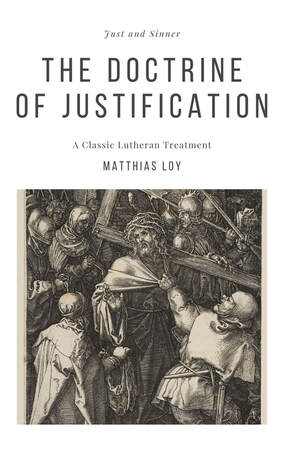 We have recently begun releasing newer editions of some of the books we publish. This includes giving them new cover designs, better typesetting, and correcting typographical errors. The first of these updated volumes in Matthias Loy's treatment of justification. Here is the description: The doctrine of justification, the "chief article of the Christian faith," is of paramount importance in the Christian life. This teaching was at the heart of the sixteenth-century Reformation, and remains so in the contemporary church of the Augsburg Confession. When many today are seeking to downplay the importance of this teaching in the Pauline corpus and the proclamation of the church, traditional Lutheran evaluations of the great doctrine of justification are needed today more than ever. In this volume, Matthias Loy outlines the doctrine of justification in its classical Reformation formulation. Loy writes in the tradition of Lutheran scholasticism, though his work is not dry or purely academic, but immensely practical. Loy is concerned with the faith and assurance of the average Christian. He discusses the nature of justification, the means of justification, and the effects of justification in the Christian life. You can purchase the paperback here, and the kindle edition here. |
Get a free copy of Luthardt's saving truths of christianityIf you sign up here for our email list, we will send you a free PDF of Christoph Ernst Luthardt's book Apologetic Lectures on the Saving Truths of Christianity. By joining our email list, you will get updates and occasional special offers.
|
||||||||






